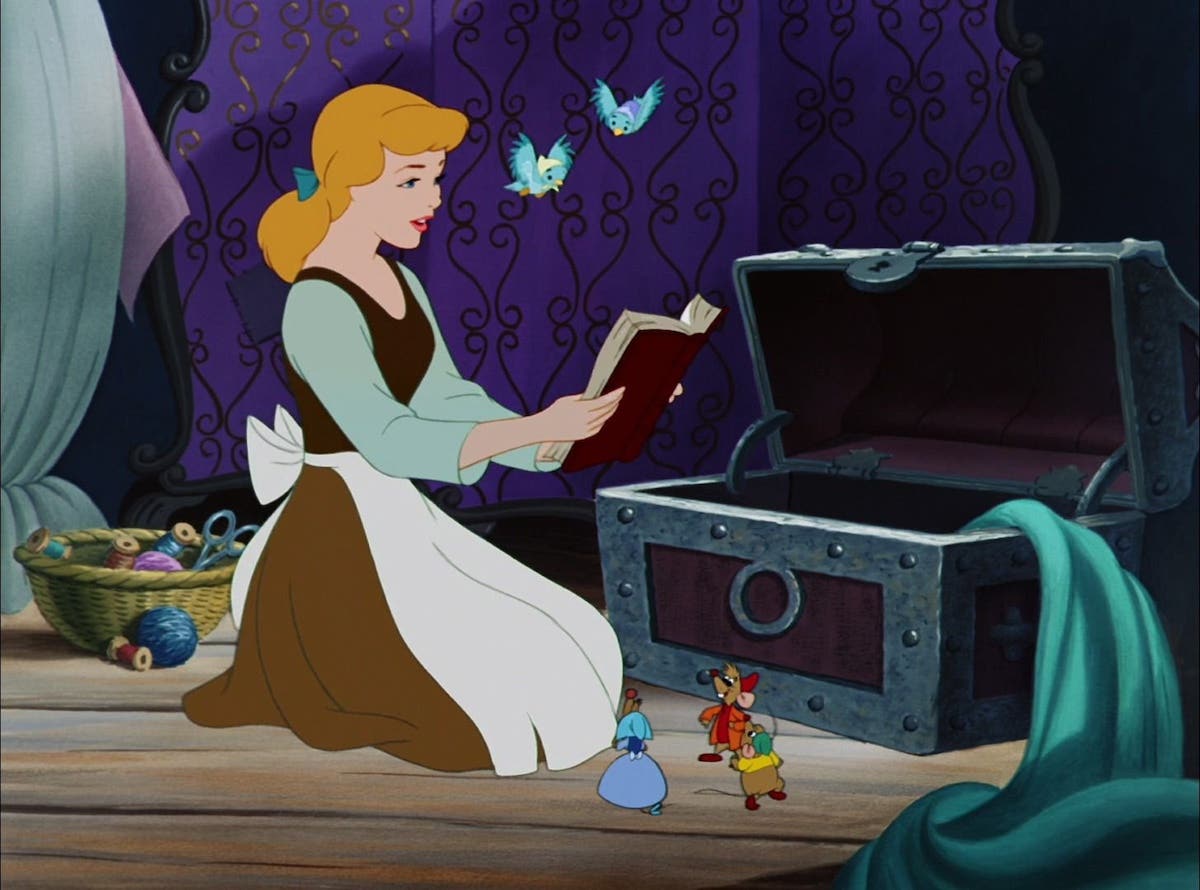Good in a Room: 17 Phrases That Make You Sound Like A Hollywood Rookie
Click to tweet this article to your friends and followers! Before we get to the phrases you should avoid saying, let me tell you how I figured out which ones…
Before we get to the phrases you should avoid saying, let me tell you how I figured out which ones really deserved the “red flag.”
It all started when I was working one of my first jobs in the business as the assistant to the President of Jerry Bruckheimer Films, Chad Oman.
The Gatekeeper
As you can imagine, Chad received (and still does) literally hundreds of phone calls per day. He doesn’t have time to talk to every person who wants his attention. Part of my job was to filter out the people he doesn’t know, and send only the most important people through.
This dynamic is happening all over town for every agent, manager, executive, and producer. To be successful, everyone must guard their time and use it where it counts the most. (It’s the same thing you do when you’re writing and your ex calls… and you let it go to voice-mail.)
My Own Rookie Mistake
Of course, when I started, I was fresh out of college and didn’t know most people’s names. I remember when a very important producer very patiently explained how to spell his name and I was so embarrassed when I googled him and realized who he was. It was like this:
Me: “I’m sorry—could you spell that for me?”
Producer: “Of course. It’s S-P-I-E-L-B-E-R-G.”
Me: “Thanks. Could I have a first name please?”
Okay, it wasn’t that bad, but it was close. Anyway, over time, I learned the ropes. I realized that there were a number of ways I could tell who got a call back and who got a “I’m sorry, but we don’t accept unsolicited submissions.”
Time To Pull Back The Curtain
One way to tell who deserves attention and who doesn’t is very simple: rookies use certain words and phrases that give them away.
So, it’s time to pull back the curtain.
Here are words and phrases that make you sound like a rookie, even if you’re not. I started this list on a blog post on my site and received some great comments from readers which I’ve included on the list.
Don’t use these phrases and you’ll be taken more seriously, have an easier time getting past the gatekeepers, and sound like a pro in meetings.
1. “High concept”
If your idea is high concept, it’s obvious. If it’s not, saying it is won’t help.
2. “Very unique”
If it’s “unique” or even “very unique” it usually means that you haven’t done enough research to understand the genre, or that your project is so unusual that it could be impossible to sell. Neither is good.
3. “We’ve had a lot of interest.”
To a decision-maker, this is code for, “Lots of people have read this but none of them have liked it enough to get involved.”
4. “Attached was (some star or director).”
This is the equivalent of saying, “Here is a list of the people who have already passed on this project.”
5. “I sent it to (some star or director)….”
Yes, you sent it, but you didn’t hear back. That means they didn’t like it, which means it’s probably not that great.
6. “(Some producer, star, director) said that they liked it.”
This means that they didn’t really like it and are passing on your idea—but you don’t understand that’s what’s happening. You think they are interested, and they’re not. If they were, they’d buy it.
7. “I wrote this part for (some star)…”
This doesn’t help your case. If you wrote it for someone and they won’t do it, it probably means that it’s not that good, and it could be unsuitable for anyone else.
8. “I’m open to changing anything.”
Don’t volunteer to make changes pre-emptively. Let them ask you to make changes, then you can agree.
9. “With the right cast….”
Yes, of course. Every project needs the right cast. If you need stars to make your script work, the decision-maker will guess the story isn’t that good.
10. “You can fill in the blank….”
Pitching to a decision-maker isn’t a game of Mad Libs. They don’t appreciate gimmicks to try and “intrigue” them. Filling in the blank is your job.
11. “Thrill-a-minute.”
If you speak in clichés over the phone, the decision-maker will assume that your writing is full of clichés.
12. “A pseudo/quasi/very very secret society.”
Strong ideas don’t need qualifiers.
13. “With a message.”
When you highlight the message, this means that you’re focused primarily on teaching the audience a lesson instead of telling a great story.
14. “I’ve been working on this film for 11 years.”
You’re committed, okay, but possibly inept.
15. “I’m not very good at pitching.”
If you apologize for yourself before pitching, you’re not making a good first impression. Buyers want to work with professionals.
16. “First I have to give you a little setup or backstory…”
Via Charles Judson, Artistic Director of Atlanta Film Festival:
“So this is information that won’t be in the film that’s required to help me understand the story? Awesome.”
If it’s not going to be in the film, you shouldn’t pitch it.
17. “You’ll have to read the script to find out what happens.”
I‘ve never heard of a script being purchased when this line has been uttered in the room. It’s your job to create a great ending to your story and be able to pitch it effectively.
. . . . . . . .
If you avoid these seventeen phrases, you’ll soon discover that you’re not embellishing your pitch, or qualifying it, or obscuring it. You’ll just be pitching your story in a clean, simple, and clear way.
I can’t promise that you’ll have all your calls returned, but when you sound like a pro, your chances go way up.
Can you add any overused or rookie phrases to this list? Would love to hear your thoughts in the comments.
- TV Writer Podcast: Stephanie Palmer
- More Good in a Room with Stephanie Palmer
- Balls of Steel: Checklist for Pitchfests and Conferences
- Ask the Expert: How Do I Get My Material Seen?
If you want to get your script made, you need to be able to take feedback and do the rewrites. We want to help!
Our ScriptXpert Critique Service is back! Our team consists of more than experienced working screenwriters, we also have story analysts, development execs, directors, producers, and even filmmakers. Rest assured, we do not hire interns or college students. We only use readers who understand the industry on a professional level. Get Coverage or Coverage with Development Notes to see how your screenplay stacks up to what studios are looking for. Rush service available!




![The Era of the Multi-Hyphenate: An Interview With Writer and Filmmaker Mario O. Moreno [SERIES]](https://scriptmag.com/uploads/MjEzMTEyNzA4NjQ2NTc3NjE1/the-era-of-the-multi-hyphenate-series-script-hero.png?format=auto&optimize=high&width=1440)


